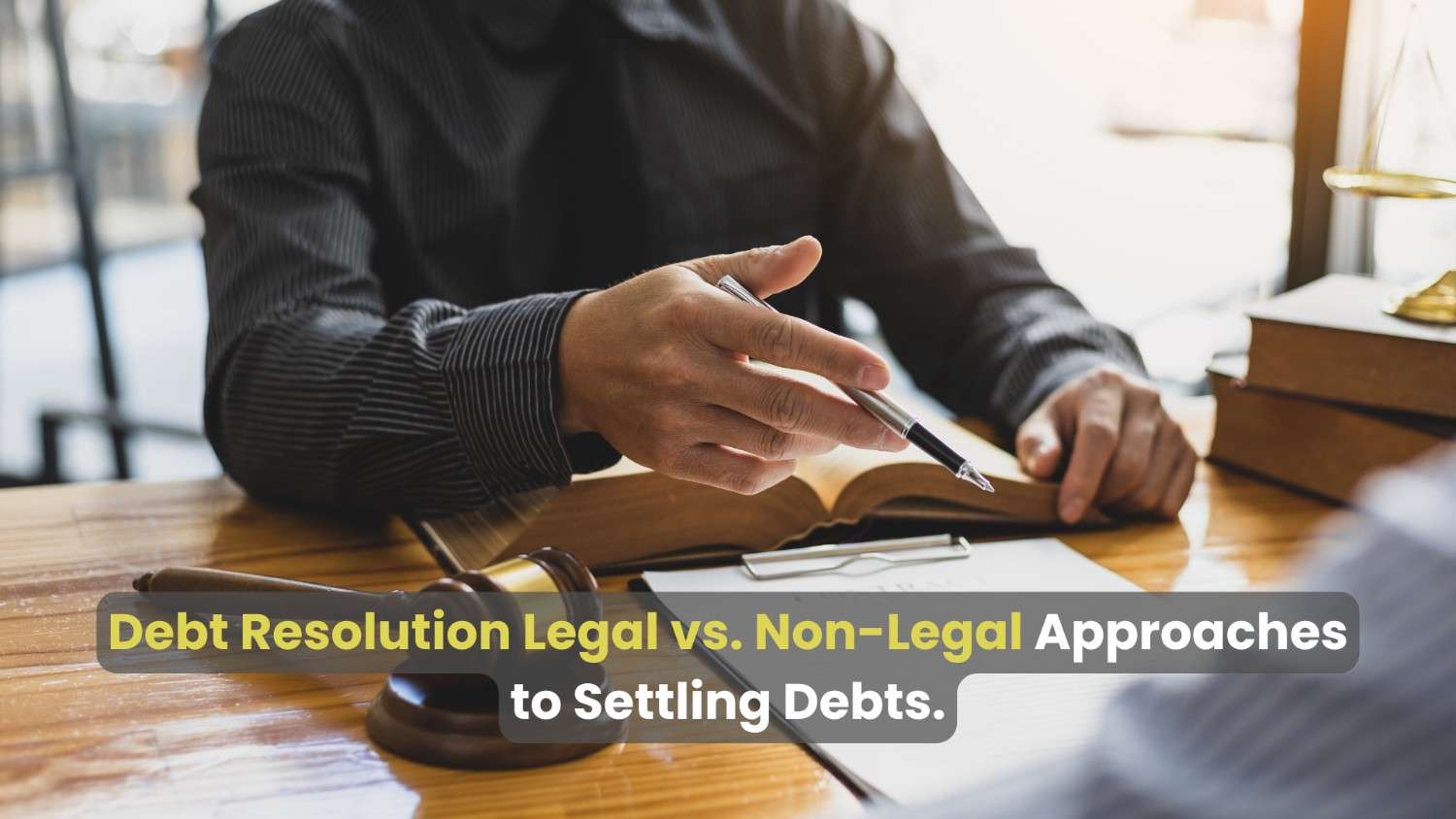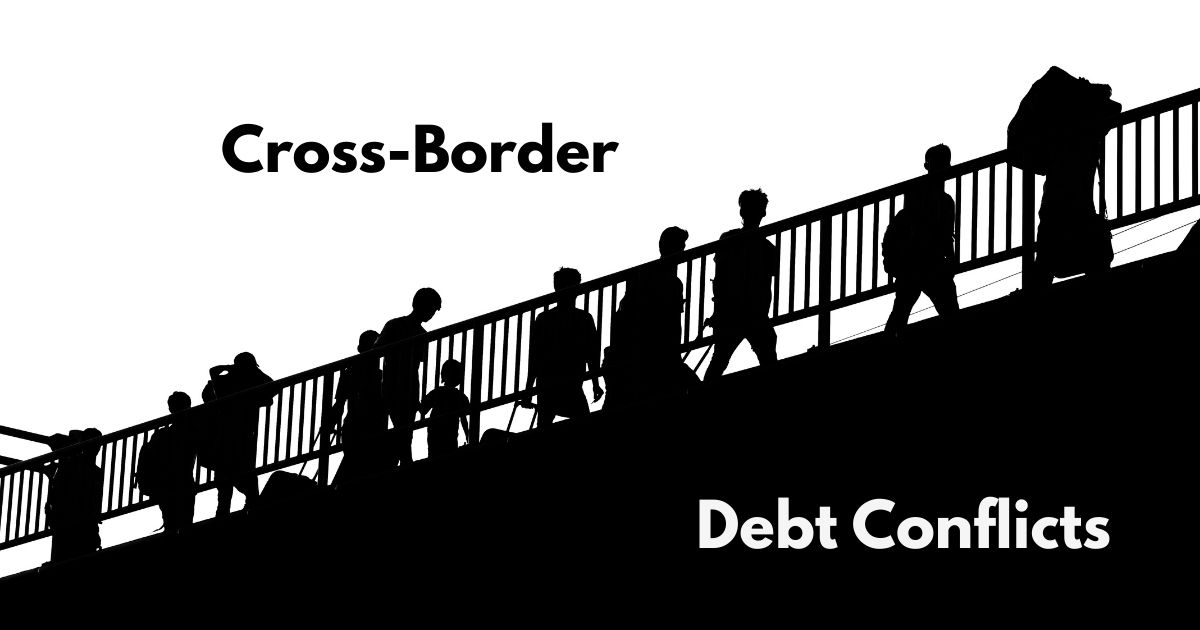· Finance · 3 min read
Debt Resolution Strategies for Startups & Small Businesses | Expert Tips
Struggling with business debt? Learn effective debt resolution strategies for startups and small businesses, including debt consolidation, refinancing, and creditor negotiation. Get expert insights to regain financial stability.
.DVCWSTd1.jpeg)
Debt Resolution Strategies for Startups and Small Businesses
Debt is a common challenge for startups and small businesses. While borrowing can help fuel growth, excessive debt can hinder progress and create financial distress. This guide explores practical debt resolution strategies that can help small businesses regain financial stability and move towards long-term success.
Understanding Business Debt
What is Business Debt?
Business debt refers to borrowed money that a company must repay, often with interest. It can arise from loans, credit lines, vendor financing, or unpaid invoices.
Common Types of Debt for Startups and Small Businesses
Business Loans – Traditional bank loans or SBA-backed loans.
Credit Card Debt – High-interest revolving credit.
Vendor Debt – Unpaid invoices or delayed payments.
Equipment Financing – Loans for purchasing business equipment.
The Impact of Debt on Small Businesses
Cash Flow Issues
High debt payments can strain cash flow, making it difficult to cover operating expenses.
Limited Growth Opportunities
A business burdened with debt may struggle to invest in new opportunities, hire employees, or expand operations.
Credit Score Implications
Missed payments and high debt levels can negatively impact a business’s credit score, making future financing more difficult.
Assessing Your Debt Situation
Conducting a Financial Audit
Review financial statements, outstanding debts, and interest rates to assess your debt load accurately.
Identifying High-Risk Debts
Prioritize debts with high interest rates or those nearing default.
Debt Resolution Strategies
Debt Consolidation
Combining multiple debts into a single loan with a lower interest rate can simplify payments and reduce costs.
Debt Refinancing
Replacing an existing loan with a new one that has better terms can lower monthly payments and improve cash flow.
Negotiating with Creditors
Contact creditors early to discuss possible extensions or lower interest rates.
Offer lump-sum settlements if feasible.
Prioritizing Debt Payments
Snowball Method – Pay off smaller debts first to build momentum.
Avalanche Method – Focus on high-interest debts to minimize total interest costs.
Cutting Unnecessary Expenses
Reduce overhead costs by optimizing operational expenses.
Eliminate non-essential subscriptions and services.
Increasing Revenue Streams
Expand product lines or services.
Optimize pricing strategies and marketing efforts.
Seeking Professional Help
Financial Advisors – Provide customized debt management solutions.
Debt Resolution Agencies – Negotiate with creditors on your behalf.
Government Assistance and Grants
Check for federal and state programs offering financial relief.
SBA-backed loan modifications can ease repayment terms.
Avoiding Debt Traps in the Future
Borrow responsibly by evaluating repayment capabilities.
Maintain an emergency fund to handle unexpected expenses.
Conclusion
Managing business debt effectively is crucial for long-term success. By implementing these debt resolution strategies, startups and small businesses can regain financial stability and focus on sustainable growth.
FAQs
1. What is the best strategy for paying off business debt?
The best strategy depends on your financial situation, but prioritizing high-interest debts and negotiating better terms with creditors are effective approaches.
2. Can I negotiate with creditors on my own?
Yes, you can negotiate lower interest rates or extended payment terms directly with creditors.
3. How can I avoid falling into debt again?
Practice smart borrowing, maintain an emergency fund, and regularly review your financial health.
4. Is debt consolidation a good option for small businesses?
Debt consolidation can be beneficial if it reduces interest rates and simplifies repayment.
5. Are there government programs to help small businesses with debt?
Yes, various government relief programs and SBA loan modifications can provide financial assistance.



